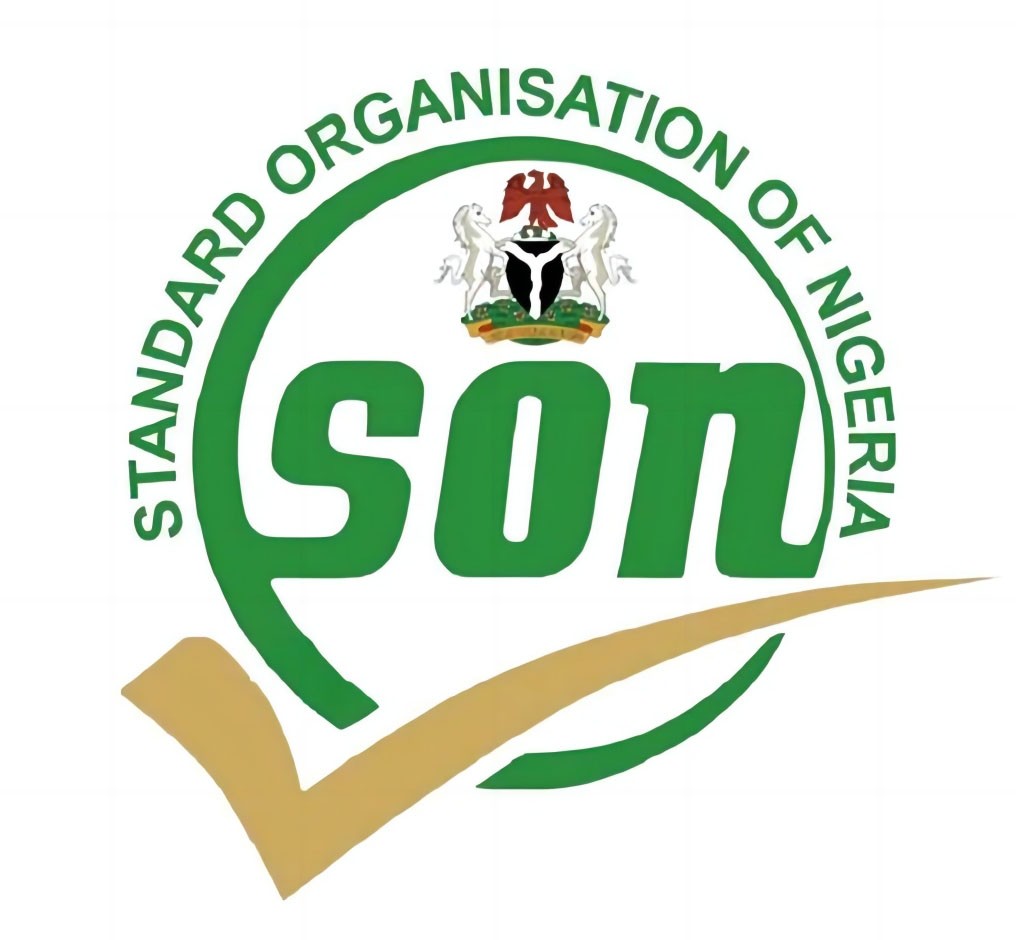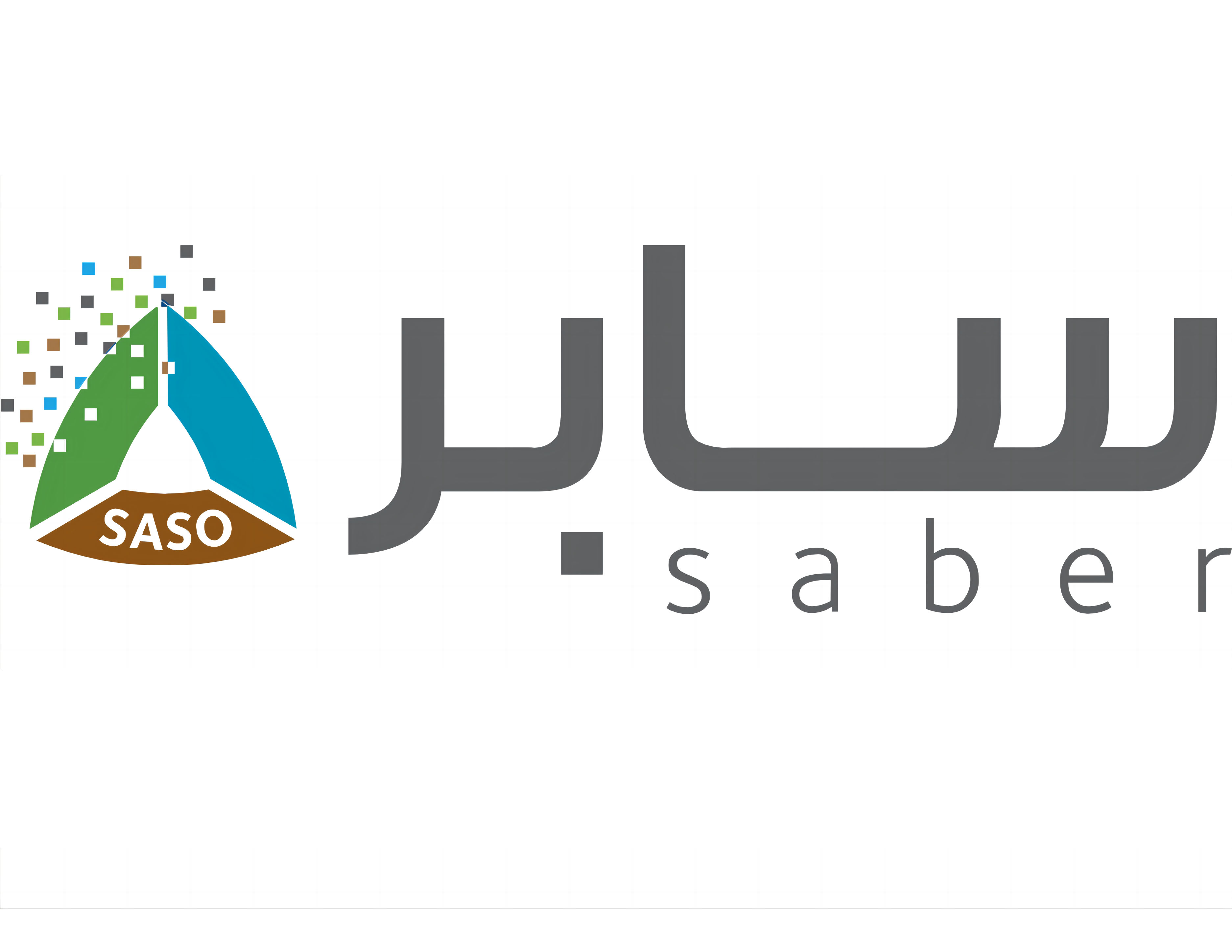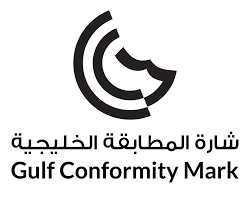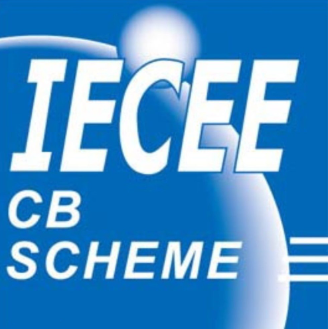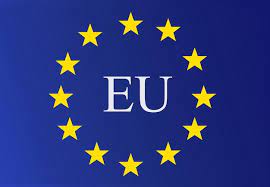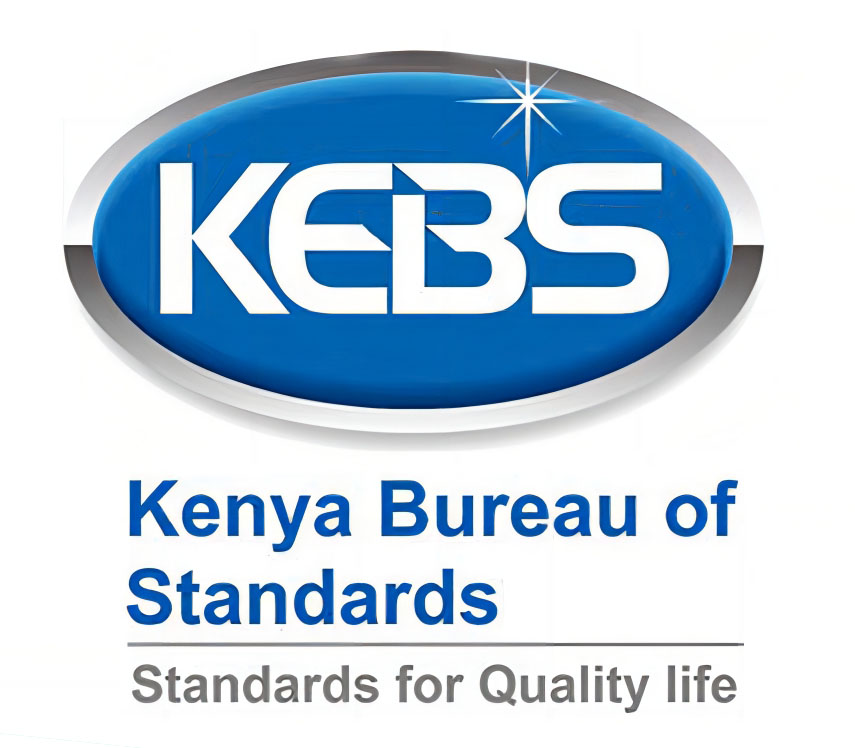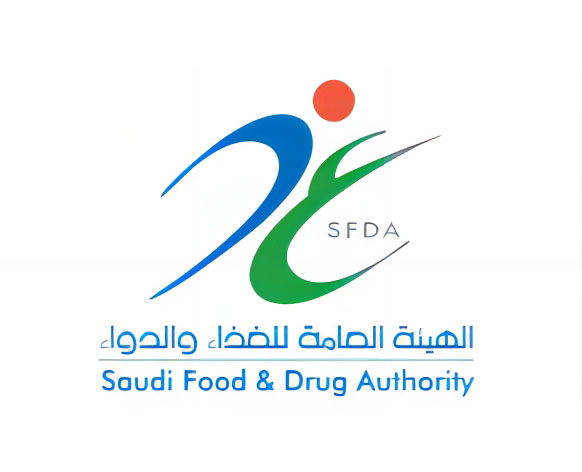1 STANDARDS ORGANIZATION OF NIGERIA CONFORMITY ASSESSMENT PROGRAM(SONCAP) FOR GOODS SHIPPED TO NIGERIA
For the attention of importers: This is intended for exporters in order to explain how to comply with Nigeria and approved International/ National Standards. It is the responsibility of importers to inform exporters of the existence of the present procedure. Verifications are executed at origin on seller or exporter’s initiative; therefore importers are not required to initiate any process in Nigeria.
2 PROCESS OF VOC (ON SHIPMENT BASIS)TO COMPLY WITH SONCAP REQUIREMENTS
In order to clear their goods in Nigeria, importers need to have for every consignment of regulated products, a Product Certificate (PC) and a SONCAP Certificate (SC) issued by Belltest. The PC is used to open the Form M while the SC is used to raise the Pre-Arrival Assessment Report (PAAR) for clearance of the good.
The SC can be obtained by exporters in the Country of Supply using three levels of Compliance called Routes.
The choice of the route will depend on the nature of the products and its impact on the health and safety of consumers, the risk profile of the manufacturer, and the level of conformity met by existing certifications.
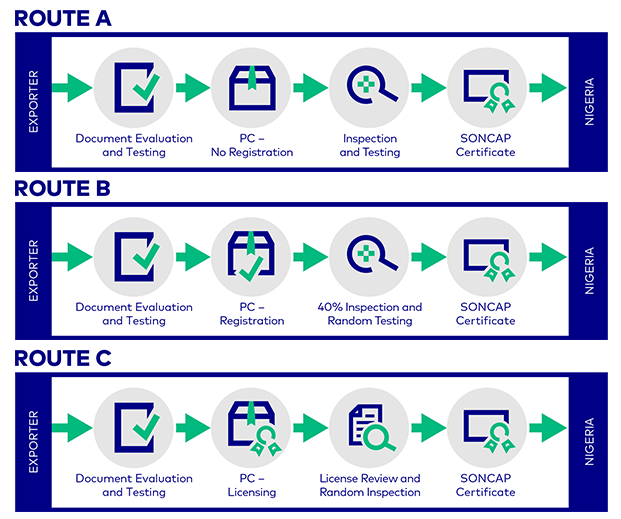
ROUTE A – For unregistered/Unlicensed products
(Conformity Verification)
This route towards obtaining the PC is advised only for infrequent exporters or traders.
Step 1 – Issuance of Product Certificate (PC)
The Product Certificate (PC), valid for six months is issued following inspection, sampling, testing to applicable Nigerian or approved International standards. Samples for testing are drawn from the shipment at the time of shipment inspection. The PC issued is valid for obtaining the SC for the applicable shipment only.
Step 2 – Sample Testing
Submission of test report/documents issued from an accredited ISO 17025 laboratory or an approved laboratory as per Belltest/SON’s procedures. In the absence of test reports, samples to be taken for testing.
The samples submitted for testing shall be drawn by Belltest or drawn under Belltest’s supervision. Testing of samples should always be based on verification as per Applicable Nigeria, Regional, International or National standards.
Step 3 – SONCAP Certificate (SC)
The SC is issued for the shipment following successful:
> Request for SC form duly completed
> Submission of a valid Product Certificate (Unregistered, unlicensed)
> Consignment Inspection and witness of stuffing and affixing of seals for Full Container Load (FCL) – 100% loading supervision
> Receipt of satisfactory final documents
In the event of non-compliance with the testing and/or inspection requirements, the shipment shall be issued a Non Conformity Report (NCR)
ROUTE B – For Registered Products
(Registration and Conformity Inspection)
Manufacturers/Exporters that have frequent shipment to Nigeria are suggested to apply for Product Certification under Route B if they have a Quality System in place in order to determine that the manufactured products are produced consistently over time with the same quality product.
This route allows for registration of products following:
> Testing of the products to determine conformity with the applicable standards
> Assessment of the manufacturer’s Quality System to ensure that the manufacturer has the necessary systems in place to produce consistently over a time the same quality product.
Step 1 – Product Certificate (Registered Status)
The Product Certificate (Registered Status), valid for one year, is issued upon satisfactory assessment of the exporter’s or the manufacturer’s Quality System and collection of acceptable test reports.
Step 2 – Testing
Test Reports provided are acceptable as long as these are issued by an accredited ISO 17025 laboratory or an approved laboratory as per Belltest/SON’s procedures.
Step 3 – SONCAP Certificate (SC)
The SC is issued for the shipment following:
> Request for SC form duly completed
> Submission of a valid Product Certificate (Registered)
> Selective Shipment Inspection with the witnessing of stuffing and affixing of seals for Full Container Load (FCL) at least for 40% of shipments per quarter.
> Receipt of satisfactory final documents
In the event of non-compliance with the testing and/or inspection requirements, the shipment shall be issued a Non Conformity Report (NCR).
ROUTE C – For Licensed products
(Product Certification Systems)
Manufacturers who have regular shipments to Nigeria and/or those who have demonstrated an excellent level of compliance under Route B are qualified to apply for Product Licensing under Route C. Salient features:
> Product evaluation and licensing to applicable standards (NIS or approved equivalents)
> Selective Consignment Inspection
> Witness of stuffing and affixing of seals for Full Container Load (FCL) Licensing of products is based on:
> Detailed product evaluation (including testing)
> Factory audit and regular surveillances
Step 1 – Product Certificate (Licensed Status)
Product Certificate (Licensed Status), valid for one year, is issued upon satisfactory audit of the manufacturer’s factory.
Manufacturers under Route B could be elevated to Route C based on good compliance history (minimum of four fully compliant transactions and two factory verifications).
Step 2 – Testing
Type Test Reports provided are acceptable as long as these are issued by an approved laboratory or the manufacturer.These should be for every product within the scope of the licensed Product Certificate.
Step 3 – SONCAP Certificate (SC)
The SC is issued for the shipment following:
> Request for SC form duly completed
> Submission of a valid Product Certificate (Licensed)
> Selective Shipment Inspection with the witnessing of stuffing and affixing of seals for Full Container Load (FCL) at least one shipment every six months
> Receipt of satisfactory final documents
In the event of non-compliance with the testing and/or inspection requirements, the shipment shall be issued a Non Conformity Report (NCR).
 English
English Chinese
Chinese Arabic
Arabic HANGZHOU BELLTEST TECHNOLOGY CO.LTD
HANGZHOU BELLTEST TECHNOLOGY CO.LTD
